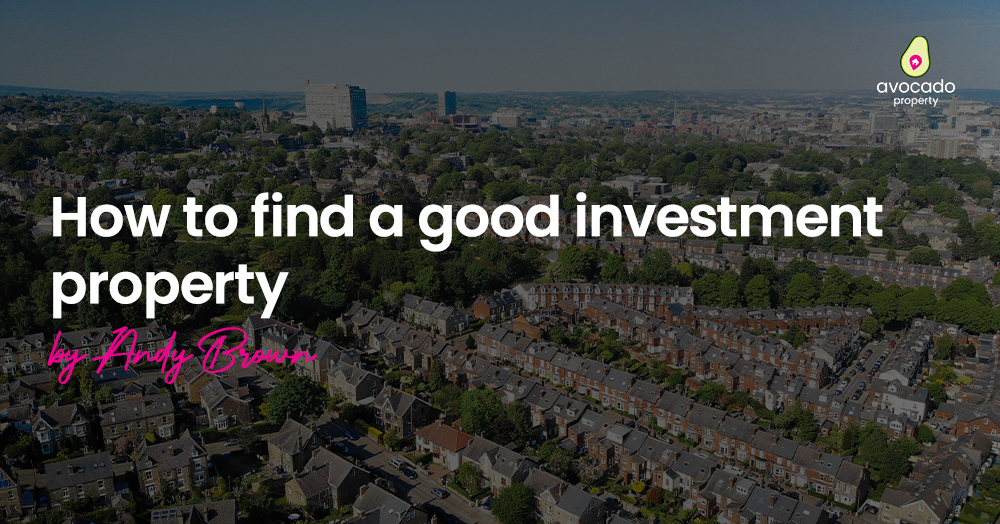Investing in a profitable property is a goal shared by many landlords. However, finding the right investment property can be a daunting task. In this blog, we'll provide you with helpful tips on how to find a good investment property and where to look specifically, so you can make an informed decision and maximise your returns.
1. Determine Your Investment Goals:
Before you start your search, clarify your investment goals. Are you looking for long-term capital appreciation, rental income, or a combination of both? Understanding your objectives will help you narrow down your options and focus on properties that align with your investment strategy.
2. Research Local Market Trends:
Conduct thorough research on the local real estate market to gain insights into property trends and potential growth areas. Look for neighbourhoods experiencing rising property values, increasing rental demand, or upcoming infrastructure projects. Online real estate portals, local news, and reports from reputable sources can provide valuable information.
3. Set a Budget and Identify Financing Options:
Determine your budget for purchasing an investment property and explore financing options that suit your financial situation. Consider factors such as down payment requirements, interest rates, and potential rental income. Consult with a mortgage advisor or financial institution to assess your borrowing capacity and identify the best financing route for you.
4. Seek Professional Advice:
Engage with professionals who can assist you in your property search. A locale estate agent can provide valuable guidance, access to listings, and local market expertise. They can help you identify properties that match your criteria and negotiate favourable deals.
5. Look for Cash Flow Potential:
Evaluate the potential cash flow of a property by comparing rental income to mortgage payments, maintenance costs, and other expenses. Aim for positive cash flow, where rental income exceeds expenses, to ensure your investment generates regular income. Calculate potential returns based on realistic rental rates and occupancy levels.
6. Consider Property Types:
Explore different property types based on your investment goals and local market dynamics. Options may include residential houses or apartments, commercial properties, student accommodation, or vacation rentals. Each type has its own advantages and considerations, so choose one that suits your preferences and aligns with market demand.
7. Network and Attend Property Events:
Expand your network and attend property-related events, seminars, or conferences in your area. Networking with other landlords, investors, and industry professionals can provide valuable insights and potential leads on investment opportunities. Sharing experiences and knowledge with like-minded individuals can also enhance your understanding of the market.
8. Utilise Online Listing Platforms:
Make use of online listing platforms and property websites to browse available properties in your target area. Customise your search criteria based on location, property type, price range, and other preferences. Set up alerts to be notified of new listings that match your criteria. Use keywords in your search like “needs modernising” or “investment opportunity” and look at how long a property has been on the market for. If its been on the market for more than three months then it might be a good opportunity to get the property at a reduced price.
9. Consider Auctions and Off-Market Properties:
Explore auction listings and off-market properties, as they can sometimes present unique investment opportunities. Auctions may offer properties at competitive prices, while off-market properties can be accessed through connections, word of mouth, or networking. Engage with local auctioneers or join property investor networks to explore these options.
10. Assess the Property's Potential:
Once you've identified potential properties, conduct thorough due diligence. Visit the property, assess its condition, and consider factors such as location, amenities, potential for renovation or improvement, and proximity to essential services. Evaluate the potential rental demand and the property's long-term appreciation prospects.
By following this guide, you'll be well-equipped to find a profitable investment property that aligns with your objectives as a landlord. Remember, patience and careful analysis are key to making a successful investment.
If you want to discuss more on the above then give me a call on the below details.
I look forward to speaking to you soon.
All the best,
Tel: 07585 913564
Email: andy.b@avocadopropertyagents.co.uk

